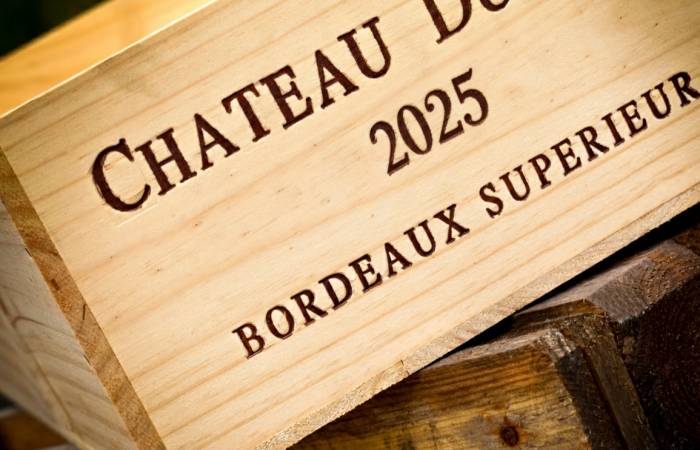Bordeaux winegrowers face financial collapse amid oversupply and falling prices
Producers struggle with unsold stock and falling prices despite government intervention and reduced vineyard acreage
2025-09-23

Winegrowers in Bordeaux are facing one of the most difficult periods in recent memory, despite early optimism about this year’s harvest. Reports from the Gironde region indicate that many producers are struggling to survive, even after government-backed efforts to reduce vineyard area and distill surplus wine. The financial pressure is so severe that some growers are selling their wine at prices far below production costs.
Denis Roux, a 55-year-old grower in Fronsac, described the situation as “catastrophic.” After a poor 2024 vintage, Roux was forced to sell his wine for as little as €1 per bottle. This price is well below the cost of making the wine, which he estimates at €1,500 per tonneau (900 liters), while he is only able to sell it for €1,200. “In other words, we’re losing money on every sale,” Roux said.
The problem is not limited to Fronsac. Jean-Samuel Eynard, president of the local FNSEA farmers’ union and a grape grower in Bourg-sur-Gironde, said that many producers across Bordeaux are in the same position. “Sale prices are at 50 percent of production costs,” Eynard said. “It’s suicidal.” He explained that the market is flooded with unsold wine from previous years, making it almost impossible for growers to find buyers at sustainable prices.
Many cellars in the region are already full. Roux said he has 700 hectoliters—about 70,000 liters—of unsold wine stored away, which represents more than two years’ worth of production. Bastien Mercier, a grower and spokesperson for the Viti33 winegrowers’ group, echoed these concerns. “The cellar’s full,” Mercier said. “I haven’t sold anything since January.”
Laurent Rousseau, a winegrower and vice-president of the Libourne industrial tribunal, confirmed that many wineries are packed with unsold stock and that several estates are entering administration. Rousseau warned that Bordeaux could be on the verge of collapse due to an oversupply of cheap wine.
These problems persist despite significant efforts to address them. Over the past year, Bordeaux has reduced its vineyard area by more than 10 percent—from 103,000 hectares to 90,000 hectares—through a vine-pull campaign. Crisis distillation programs have also been implemented to convert surplus wine into industrial alcohol and rebalance supply and demand. However, official sources say that even with these measures and lower yields caused by drought conditions this summer, production will still exceed demand.
Complicating matters further is the slow progress of France’s new Egalim Law, which aims to guarantee fair prices for farmers but has been stalled in parliament for over a year. Without legislative support or effective market intervention, many growers feel abandoned.
Michel-Eric Jacquin, recently appointed head of the Bordeaux and Bordeaux Supérieur wine body, said that producers must adapt if they want to survive. He has proposed shifting some production toward less restrictive categories like IGP Atlantique to open up new markets and products. “Either we keep doing the same thing and perish,” Jacquin said, “or open up to new products.”
For now, Bordeaux’s winegrowers remain in limbo as they wait for solutions to emerge from both within the industry and from lawmakers in Paris. The region’s future depends on whether it can adapt quickly enough to changing market realities and persistent oversupply.
Founded in 2007, Vinetur® is a registered trademark of VGSC S.L. with a long history in the wine industry.
VGSC, S.L. with VAT number B70255591 is a spanish company legally registered in the Commercial Register of the city of Santiago de Compostela, with registration number: Bulletin 181, Reference 356049 in Volume 13, Page 107, Section 6, Sheet 45028, Entry 2.
Email: [email protected]
Headquarters and offices located in Vilagarcia de Arousa, Spain.